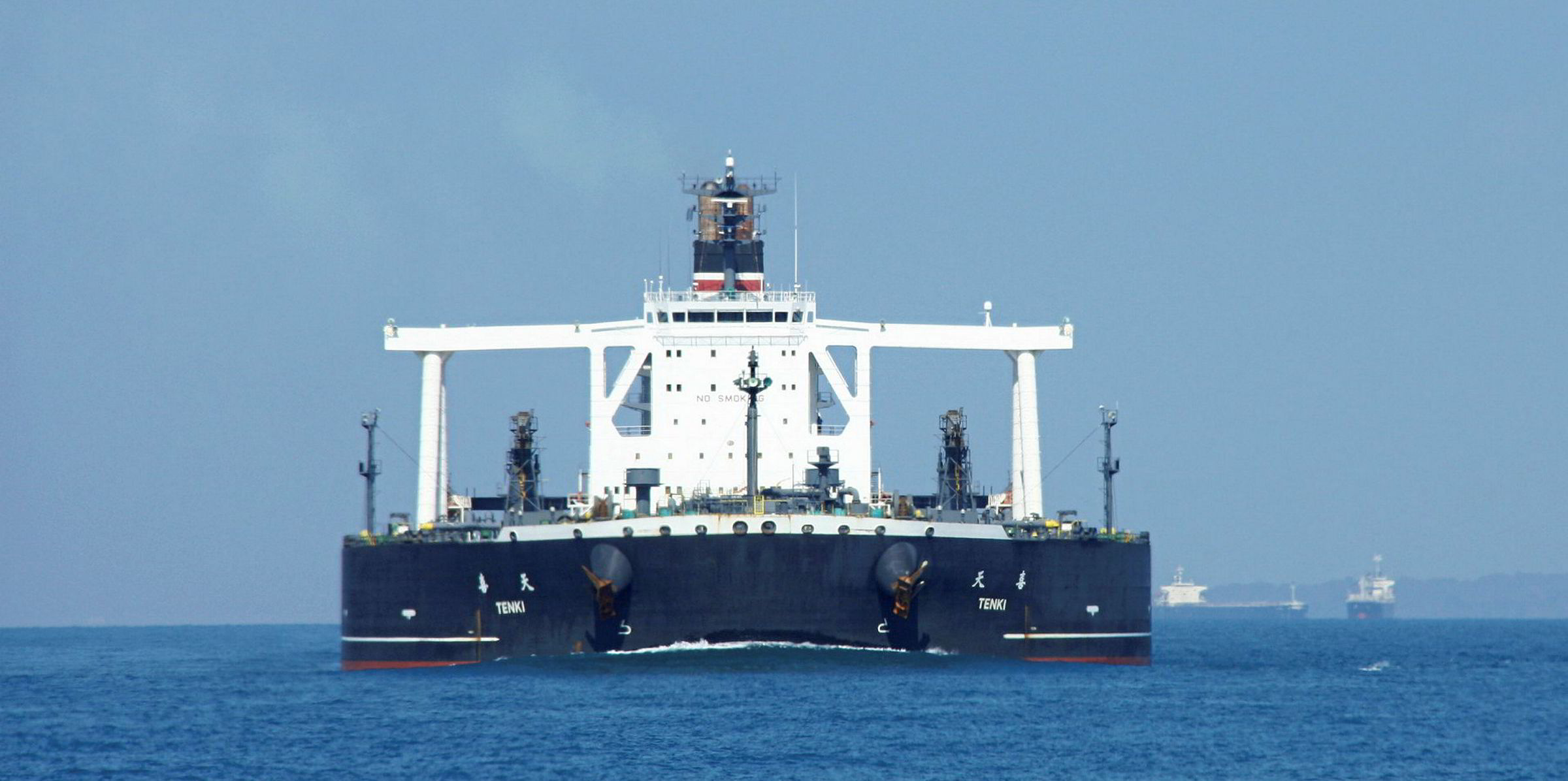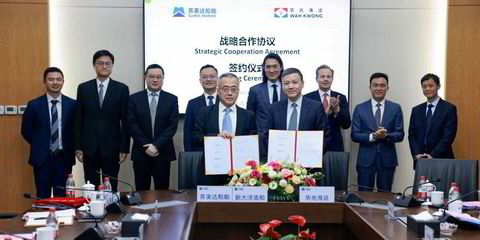Italian shipowner Paolo d'Amico is expecting short-term gains for his product tankers due to other vessels being caught up in refuelling delays post-IMO 2020.
The CEO of d'Amico International Shipping (DIS) said the 1 January deadline for the use of compliant fuels has "created a very tight market for barges and for onshore logistics given the increase in fuel oil specifications to be supplied, resulting in delays for shipowners when refuelling".
In a letter to shareholders, he added: "Although this is likely to be a temporary phenomenon, it could impact the market positively in the first quarter of 2020."
Prices for the new fuels have also risen, with d'Amico saying higher bunker levels tend to reduce average sailing speeds, and vessel productivity, contributing to a tighter market.
No operational problems
He added: "From an operational perspective we are glad to confirm that despite the challenges posed to bunker procurement by the new IMO 2020 regulations, we have timed our high-sulphur and low-sulphur fuel oil purchases appropriately last year, allowing us from 1 January 2020 to count on a fleet that was fully compliant with the new regulations."
The company, which has an interest in 47 ships, sees a "very positive" market in 2020.
D'Amico said that "although we have increased time-charter coverage significantly, with just under 50% of our fleet exposed to the spot market, we should still reap strong benefits if freight markets were to be as strong as some analysts expect".
Orderbook to remain low
In the longer-term, DIS sees uncertainty regarding anticipated technological changes related to decarbonisation targets.
This is reducing owners’ appetite for new orders and keeping the orderbook under control, d'Amico said.
"Other factors are also constraining new orders, including stretched balance sheets for several players, and a contraction in the availability of bank financing, in particular from the European institutions that traditionally financed the sector," he said.
In its MR1, MR2 and LR1 markets, the orderbook is at a record low of 6% of the active fleet.
"Unless there is an unexpected surge in new orders in the near future, this represents a strong foundation for healthy markets also beyond 2020," d'Amico said.
Fleet growth in its three sectors will be around 1.5% to 2% this year, DIS estimates.
The shipowner posted a net loss of $8.08m in the third quarter, narrower than the year-ago deficit of $20.8m. This is despite revenue falling to $82.1m from $98.8m.






